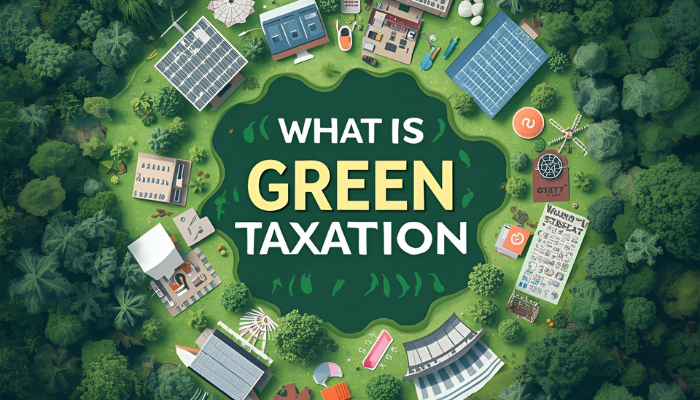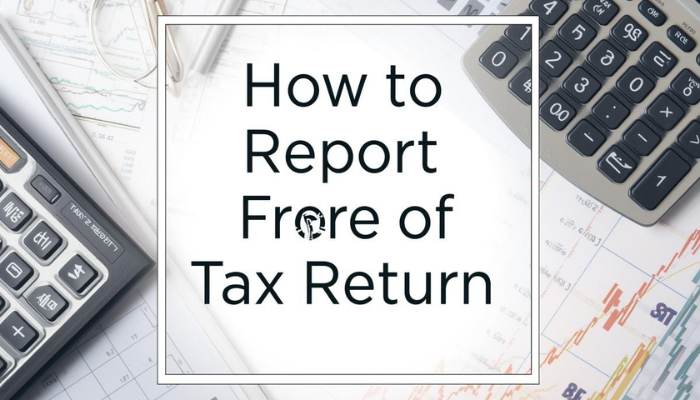
What is Green Taxation?
Comprehending what is green taxation is recently becoming a vital concern of individuals and businesses alike. Organisations seek to align fiscal management with environmental responsibility. This is why learning what is green taxation is imperative.
L&Y Tax Advisors helps you recognise how environmental taxes shape sustainable behaviors. You will also learn how green taxation functions, its implementation, pros, and cons.
What is Green Tax?
Green tax is often referred to as environmental tax or ecotax. It is a levy imposed on products, services, or activities that endanger the environment.
Such taxes aim to internalise the cost of pollution or resource depletion. In other words, it makes the ‘polluter’ pay for his adverse role.
The core objective of ecotax is to shift economic incentives so that sustainable alternatives become more attractive monetarily.
Green Tax Examples
Core examples of green taxes include:
-
Carbon Tax
Carbon tax is imposed on the carbon content of fossil fuels to discourage greenhouse-gas emissions.
-
Landfill Waste Tax
Landfill waste tax is implemented to waste disposed in landfill sites. Doing so encourages recycling. It also carries out more responsible waste management.
-
Plastic Bag Taxes or Levies on Single-Use Items
This type of tax is aimed at reducing plastic waste. It also promotes reusable alternatives.
-
Transport or Fuel Taxes Based on Pollution-Levels or Energy Consumption
Transport of fuel taxes have higher tax rates for vehicles that emit more carbon dioxide.
Green Tax Countries
A number of countries around the globe have adopted green taxation. More than 20 European countries have implemented carbon taxes, with some levying over €100 per tonne of carbon dioxide emission. Other nations have introduced
- Waste-related levies
- Resource-related charges
- Excise duties (on packaging and heavy-vehicle road use)
Thus, green taxation is no longer isolated. But, it is now a part of many national tax policy frameworks.
What is Green Taxation and Environmental Tax?
Green taxation and environmental taxation are the same. These taxes are designed to address environmental degradation by targeting:
- Pollution
- Excessive resource use
- Unsustainable practices
The tax base typically includes:
- Energy products
- Transport services
- Waste management
- Emissions
- Natural resource use
What is the Aim of Green or Environmental Tax?
The aim of ecotax is dual:
- Raise revenue
- Incentivise greener choices
What are Green Taxation Advantages?
The advantages of green taxation include:
- Encourage reduction in:
- Environmentally harmful behaviours
- Consumption of fossil fuels and emissions
- Generate public revenue which may be directed to:
- Environmental protection
- Renewable energy
- Sustainable infrastructure
- Promote innovation by providing incentives for adoption of:
- Cleaner technologies
- Energy efficiency
- Sustainable practices
What are Green Taxation Disadvantages?
There are also drawbacks of ecotaxation:
- The increased costs may be passed on to consumers or businesses. It will potentially affect economic competitiveness. It can also hit lower-income groups disproportionately.
- The design of green taxes can be complex. It can be challenging to:
- Define the tax base
- Set appropriate rates
- Avoid unintended impacts, such as shifting pollution abroad (carbon leakage)
- If revenues are not used wisely for environmental improvement or relief measures, the public may view the tax as burdensome instead of beneficial.
The Bottom Line
In today’s fiscal era, comprehending ‘What is green taxation?’ is mandatory for policy makers, individuals, and businesses.
Green taxes deliver a mechanism that aligns economic activity with sustainability goals. But, they must be carefully designed and managed.
For professional guidance on green tax regimes and other tax-efficiency strategies, our team stands ready to help. Call us now!
Read More:


